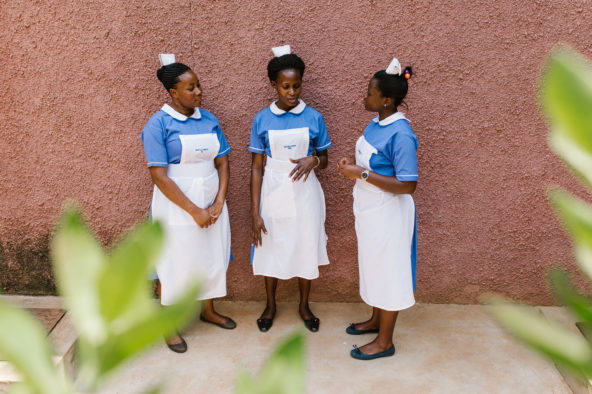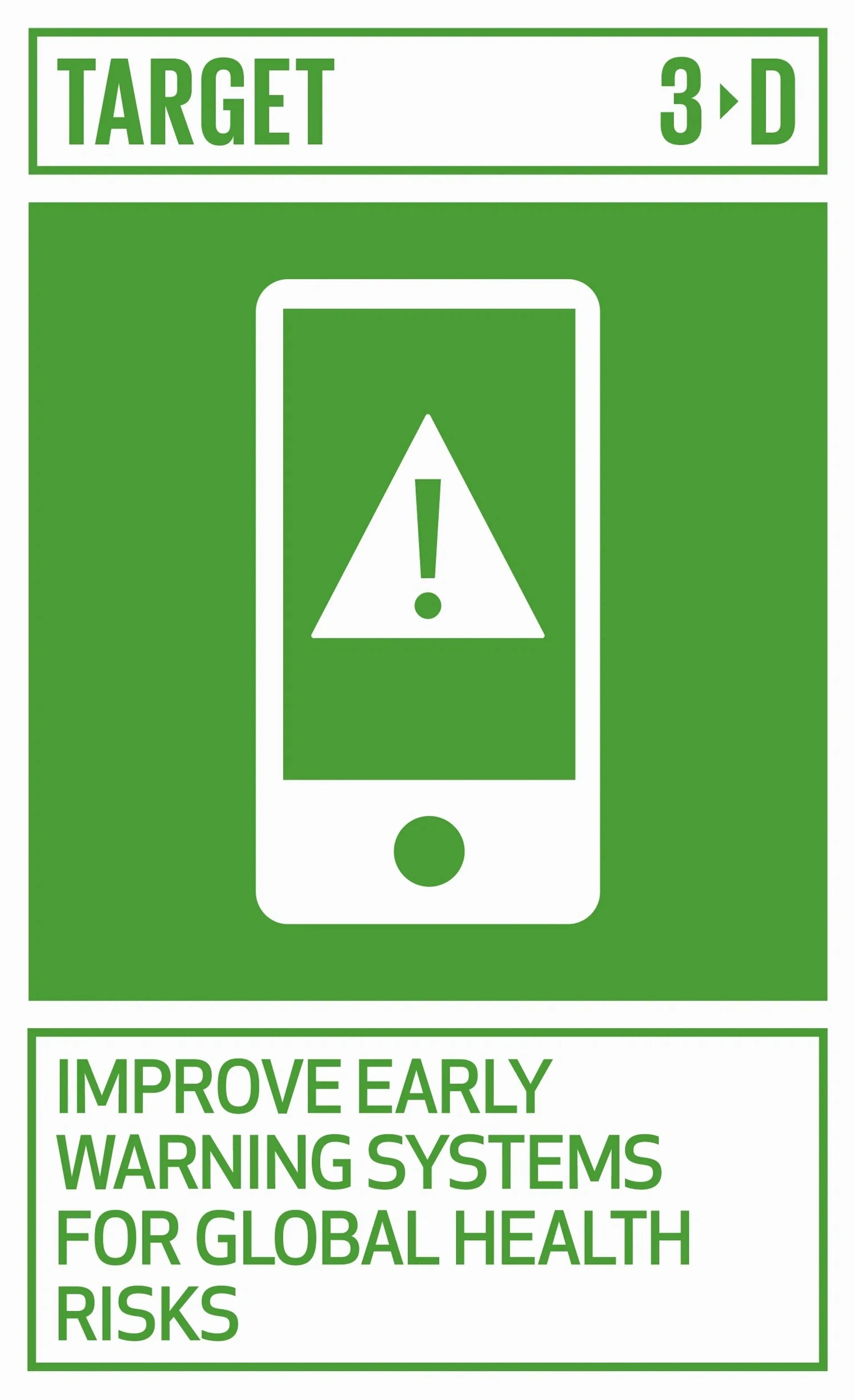The UK allocates very little ODA to programmes dedicated to supporting the training, recruitment and retention of health workers. This is a particularly vital area in terms of achieving UHC, given that 8 million more health workers are needed to achieve UHC by 2030 in low- and middle-income countries. A small number of DFID grants include actions around health workers as a major component.
A number of programmes supporting learning exchanges between health workers in the UK and in developing countries are also supported by health ODA (e.g. Fleming Fund – Commonwealth Partnerships for AMR Stewardship Scheme (£1.33 million)) while some dedicated training initiatives like the Global Patient Safety Collaborative (£1.5 million) are also financed.
Beyond these programmes, health worker training is incorporated as a component within numerous existing grants. For example, Reducing Maternal, Newborn and Child Deaths in Kenya (£64.7 million) allocates £9.3 million to scale up training for public sector doctors, nurses and clinical officers in emergency obstetric and neonatal care.
Given ICAI’s finding that DFID does not spend sufficiently on health system infrastructure – and that a lack of human resources for health often undermines the quality and effectiveness of DFID health interventions – this is clearly an area which would benefit from more dedicated aid. In addition, strengthening effective task-shifting to community health workers and community-based groups for preventive and household-level healthcare should also be considered as an area of investment, as for many low- and middle-income countries they are widely operating cadre of the health workforce.


